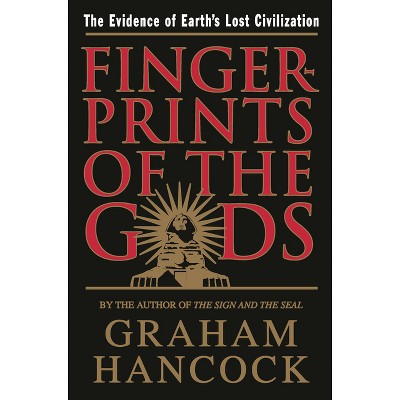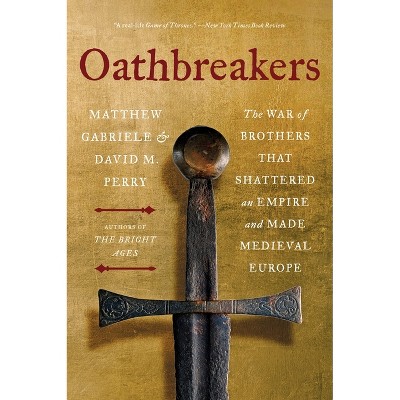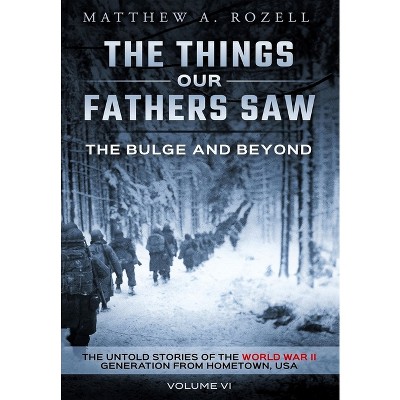Sponsored

Matthew Fontaine Maury, Father of Oceanography - by John Grady (Paperback)
In Stock
Sponsored
About this item
Highlights
- In becoming "a useful man" on the maritime stage, Matthew Fontaine Maury focused on the ills of a clique-ridden Navy, charted sea lanes and bested Great Britain's admiralty in securing the fastest, safest routes to India and Australia.
- About the Author: The late John Grady served as managing editor of Navy Times and was published in Naval History, the New York Times' Disunion series, the Times' collection of essays on the Civil War and the Civil War Monitor's Front Line.
- 264 Pages
- History, United States
Description
About the Book
"Matthew Fontaine Maury focused light on the ills of a clique-ridden Navy, charted sea lanes and bested Great Britain's admiralty in securing the fastest, safest routes to India and Australia. He helped with the laying of the transatlantic cable, forcefully advocated Southern rights, preached Manifest Destiny and revolutionized warfare in perfecting electronically detonated mines"--Book Synopsis
In becoming "a useful man" on the maritime stage, Matthew Fontaine Maury focused on the ills of a clique-ridden Navy, charted sea lanes and bested Great Britain's admiralty in securing the fastest, safest routes to India and Australia. He helped bind the Old and New worlds with the laying of the transatlantic cable, forcefully advocated Southern rights in a troubled union, and preached Manifest Destiny from the Arctic to Cape Horn. And he revolutionized warfare in perfecting electronically detonated mines.
Maury's eagerness to go to the public on the questions of the day riled powerful men in business and politics, and the U.S., Confederate and Royal navies. He more than once ran afoul of Jefferson Davis and Stephen R. Mallory, secretary of the Confederate States Navy. But through the political, social and scientific struggles of his time, Maury had his share of powerful allies, like President John Tyler.
Review Quotes
"This book is an interesting account of the political and scientific battles Maury waged to promote more quantitative and predictive science. Recommended"--Choice; "well-researched...recommend[ed]"--The Journal of Military History; "a remarkably thorough narrative.... The depth of Grady's research is amply demonstrated by the very comprehensive bibliography"--Nautical Research Journal; "Grady's volume is the first scholarly book on Maury in 50 years. It covers his entire life"--Civil War News; "Grady excels at tracing and explaining Maury's naval career and his scientific contributions to oceanography and military technology. A welcome and significant addition to scholarly work on Maury's life, and it should prove engaging and useful for scholars of the Civil War, naval history, and the history of science"--Virginia Magazine; "Grady successfully manages to bring a historical person again to life with his book never becoming a dry scholarly read, but always remaining a book that has all the qualities of a good read. It is a book you would also read for its qualities as a well-written story...solid research...recommended"--Naval Historical Foundation; "engrossing biography...highly recommend John Grady's thoroughly absorbing well-written biography of this naval genius"--The Northern Mariner/Le marin du nord.
About the Author
The late John Grady served as managing editor of Navy Times and was published in Naval History, the New York Times' Disunion series, the Times' collection of essays on the Civil War and the Civil War Monitor's Front Line. A contributor to the Naval History and Heritage Command's Civil War blog, he lived in Fairfax, Virginia.Shipping details
Return details
Frequently bought together
Trending Non-Fiction


















